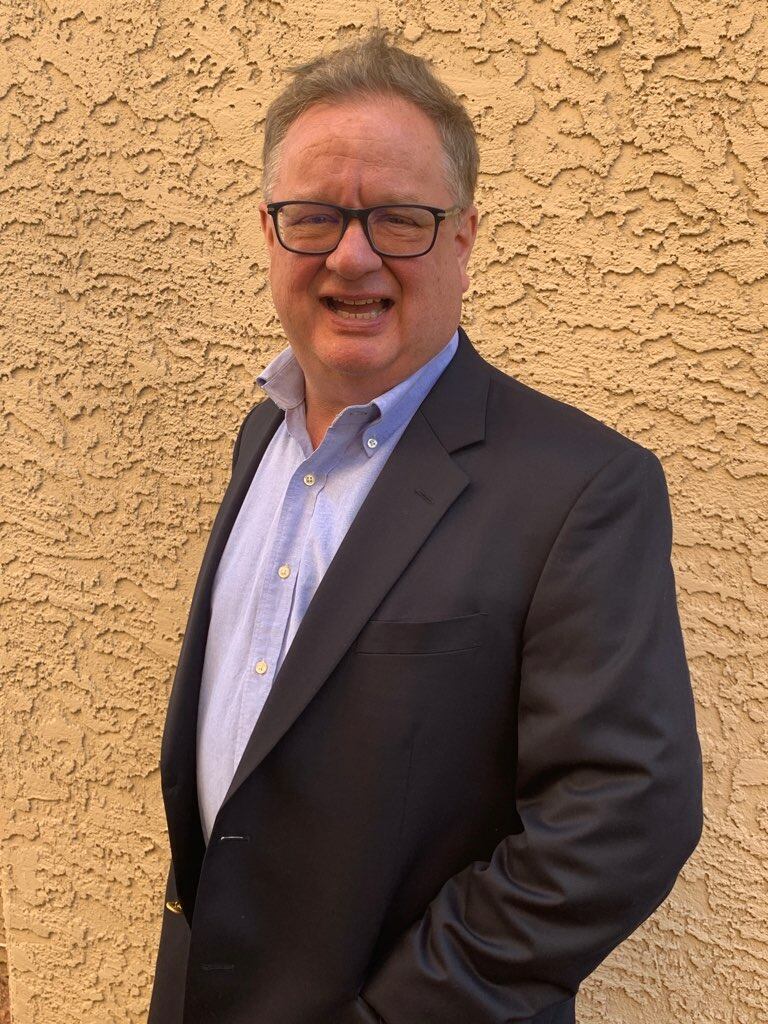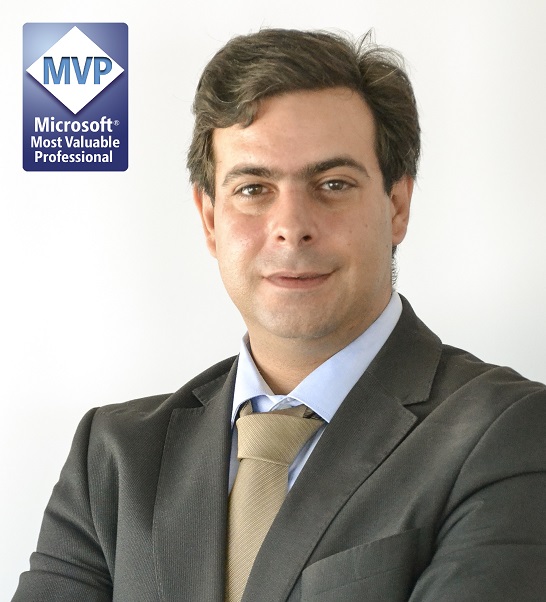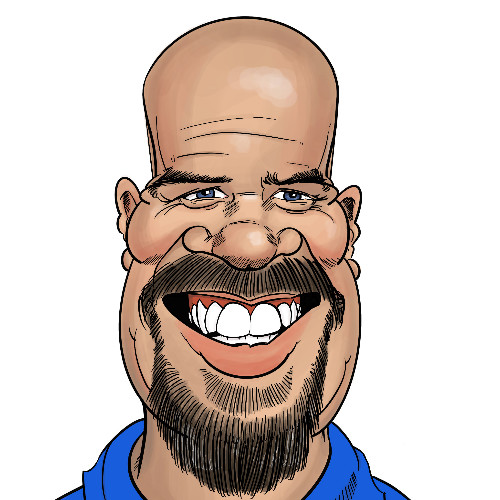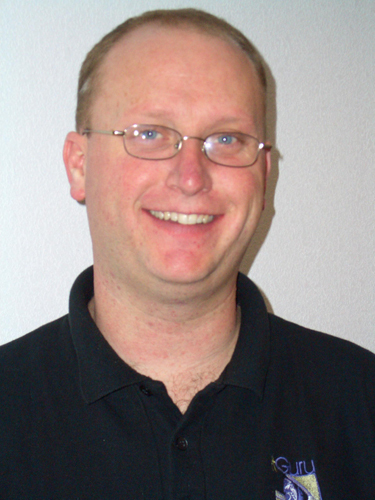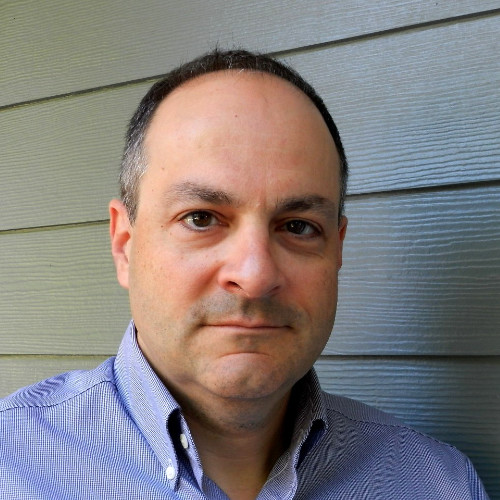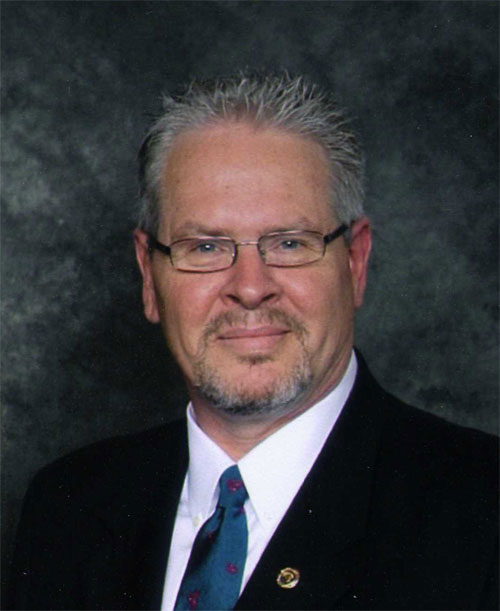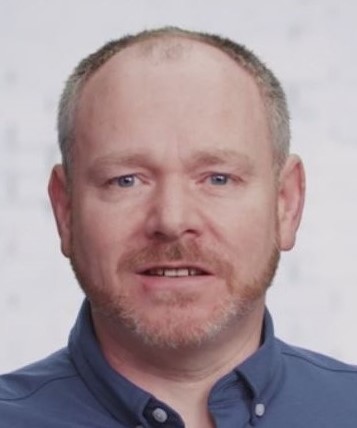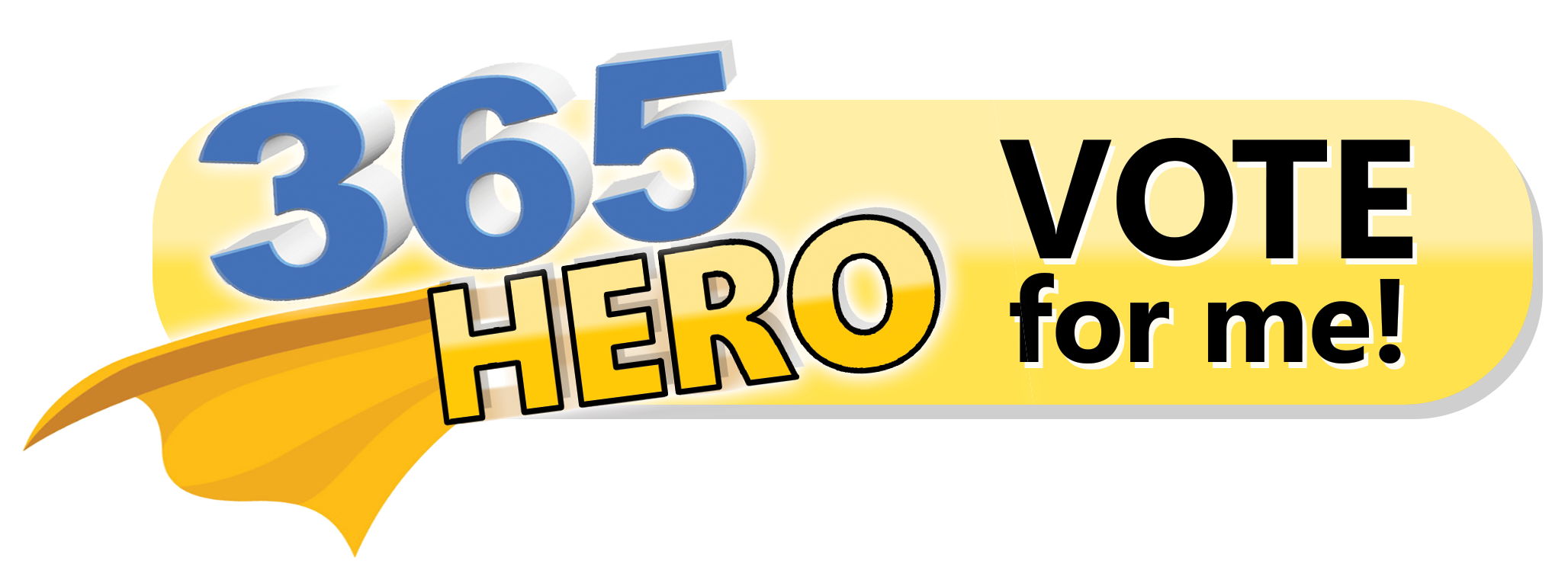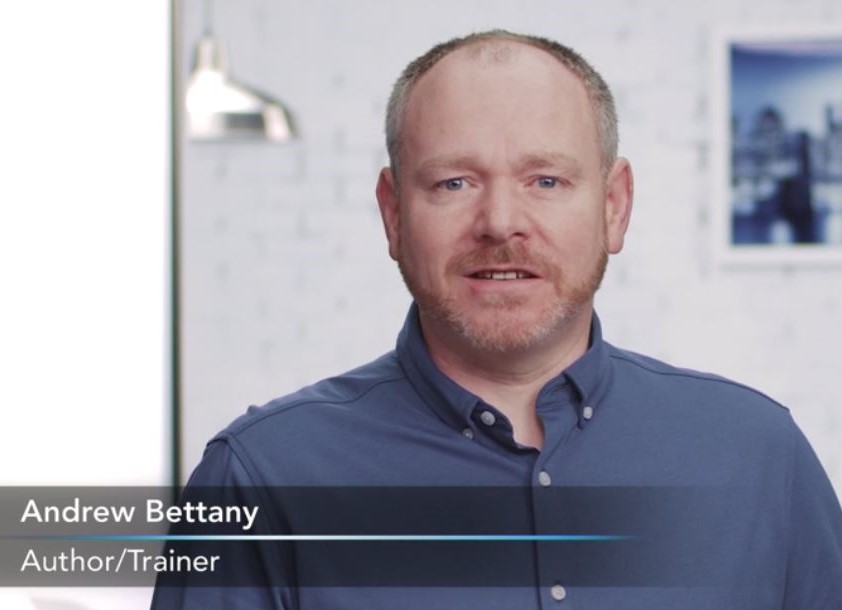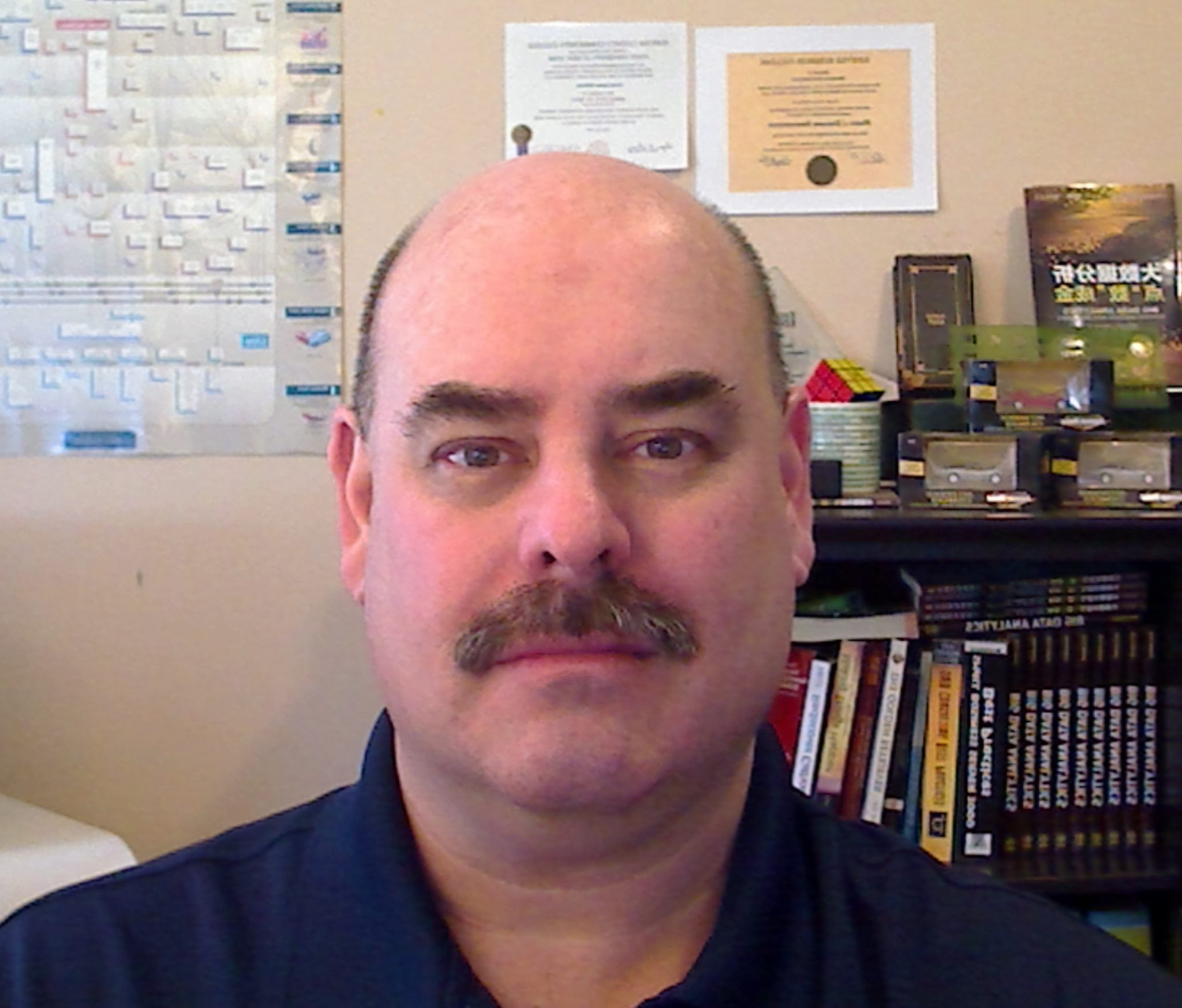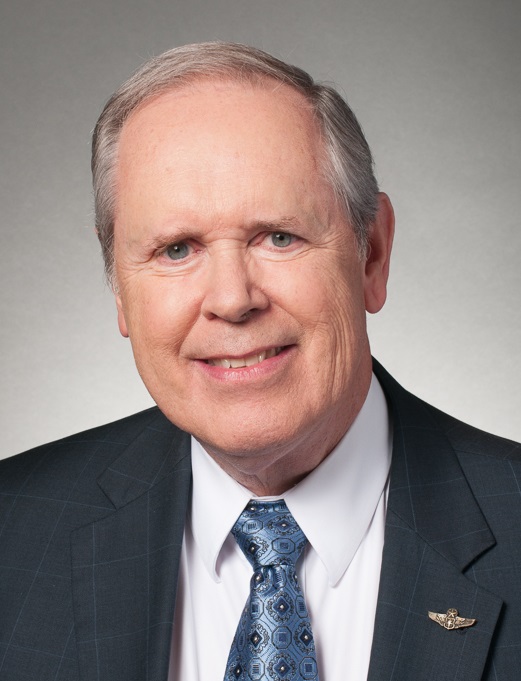When someone says public speaking, some people love it, and others are terrified of the thought. Although you may have a fear of public speaking, at some point in your career you will be called upon to do some sort of public speaking. It may be to a board room of colleagues, or onstage at a conference, but at some point you will need to speak up. Harry Brelsford of SMB Nation sits down with Danny and David Brown to discuss strategies for public speaking, and how they can help you advance your career.
Video Transcription
Harry Brelsford
A nation nation. This is a special treat. We’re with Danny Brown and his twin brother David Brown. Gentlemen, how are you doing?
Danny and David Brown
Excellent. Thank you. Wonderful. Thanks for having us.
Harry Brelsford
You’re well, you’re welcome. Well, you’re known for the twins talking up podcast. So we see the branding in the background. And then you’re the author of talk it up a guide to Successful public speaking. So I want to talk about all that. That’s underrated skill, you know, from people that people don’t realize how important that is in your career, especially as to become more senior. So maybe David over to you the power of the pause, and how can it help with brain freezes and combat and filter words?
David Brown
Well, that’s a great question and why Dan, and I speak and train on the power of the pause is to allow speakers and presenters to understand that when they give that slight pause, it will provide an opportunity for the audience to really soak in everything that has been shared everything that has been said. But it also gives the presenter an opportunity to click their own thoughts. So there’s something powerful about pausing, that temptation is going to speed through the conversation or to try to pick up somewhere else. But when you place a pause in the right place, it will give your audience time to soak it in, think about it. Marinate on what you’ve been sharing with them, and it will also give the speaker time to collect their thoughts and then be able to pick up.
Harry Brelsford
Yeah, yeah, two thoughts. One is it almost sounds like a Socratic law professor where they like to do that in law school, right? until someone finally you know, gets so nervous, they try to answer the question. The other thing I just had did a podcast with the CEO. Marni forgot her last name, forgive me, but a couple of weeks ago, and she was a elementary school or middle school teacher, before she became the CEO of a tech company in our space. And she talked about the seven second pause in the classroom, right that she had this formula set. Does that make
Danny and David Brown
sense? It does. I love that. That is awesome.
Harry Brelsford
Yep. Well, Danny, over to you. Body language says, What? Why is body language is a key success factor for a speaker.
Danny Brown
When you walk into the room, and people see you confident, they’re confident what you’re going to say before you alter your first word. And that’s why bottling was very important. It comes across as you are the subject matter expert, you are here for a reason. And that’s why everyone’s here to listen to you and hear what you have to say. And you have to deliver. So before you do anything, they say 6% of communication is nonverbal. And body language is part of
Harry Brelsford
that. No kidding. Yeah. Yeah, I’m a pacer. When I typically speak right, when I’d be up on the big stage, I go back and forth any anything to read into that pacer versus standstill?
Danny and David Brown
The way I like to look at it. And Ella Dave answer is, pacing allows a person to get on the journey with you. And allows you to keep the people moving, rather than being stagnant. And so when you get the audience to be involved, either through laughter, clapping, being part of your journey, and if you’re pacing, they’re moving their head and their eyes have follow you. That’s keeping them energized, that’s keeping them connected. So there’s nothing wrong with that, as long as it’s not coming across as nervousness, but it is coming across as I’m collecting my thoughts. I’m getting you to come with me on my journey. I’m about to tell you a great story, then pacing is amazing. Hair, I have nothing to add, we are twins for a reason. And Dan is correct. Pacing is not a bad tool strategy. Unless you’re nervous. If you give off those signs, those vibes, you make your audience feel like you’re fumbling through your presentation or you don’t know where you’re going or why you’re about your pacing, then that old adage of no rhyme or reason comes true. So use it in a way that will benefit your position as a speaker, but don’t allow it to become a distraction.
Harry Brelsford
Okay. David’s speak to which what’s the strategy for speaking with the C suite executives and decision makers?
David Brown
I love it. That’s an incredible question. And when Danna, we’re working on this book. Dan was very instrumental in crafting this segment of the book because of the number of interactions he has with the C suite level. One thing we try to keep in mind as you get to speak where they are. Typically members of the C suite do not have time for long dialogue. They don’t need you to bring your entire history they don’t want your entire resume. They just want to know the facts. They want to know the numbers or we call the KPIs that pertain to them. Not that you think are important to you, but those that pertain to them. And that the end of the day, the biggest reason to working with them is how’s it gonna benefit them. What’s the profit What is his long term goal? What does this mean in terms of impact? So speaking with the C suite is a valuable skill that can be learned. But you have to remember, you’re speaking with a specific audience, that once they hear a message in their way, and if you don’t know how to disseminate information in short, bite size, power, get to the point, show me the profit, show me what’s measurable, they’re not going to listen to.
Harry Brelsford
Yep. Hey, Dan, any best practices for speaking virtually, in presenting virtually?
Danny Brown
AD is an excellent question. And we get that all the time. I’m not in front of the audience. I can’t always see their expression, how do I know they’re engaged. And one of the things we do is tell them, make sure you do your breathing before you get on stage, even the virtual stage, do your practice your breathing, you want to come across your first words powerful, and you want to make sure it’s articulate, you want to make sure that people feel the energy. If you don’t breed, you get up there, your short breath, or you’re very nervous is going to squeak out. So that’s the first thing to do. And the second thing you do is you change things up, ask more questions, do more pauses. And when you have pause, in a virtual conference, people are going to wonder, is it my speakers? Is it my microphone? What’s going on? What’s going on? And now you reengage them again? So there is a powerful opportunity to speak virtually. And you do not have to always be live in front of people to make an impact.
Harry Brelsford
All right, well, hey, finally, for both of you, what’s next? What are their books and projects that you’re working on?
Danny and David Brown
I’ll start off and let Dave go. Next. Dave’s gonna talk about the other books that we have. But really, we wrote this book to really help the people in our audience, specifically MSP owners. A lot of these owners, they go to conferences, they go to roadshows events they speak, but also, when you reading reaching out to new potential clients, how do you come across? How do you help them to understand the story? How do you understand them? So they understand you? And did you get a win. And so this is not just for people that are not in the tech space. This is for all individuals, specifically for those MSP owners. So we’re going to continue to have more book launches, we’re going to have a couple more publicity publicity going on. And then Dave, and I will do some more giveaways. We’ll, we’ll have a couple podcasts giveaway more books, I think Dave wants to share about some other projects that we have coming up as well. But we were nominated for a couple podcasts award. We were also nominated on the top book lists for our book for the API as well. So we’re really excited to see so many people will get options to either grab a book as a physical book or as a ebook. Yes, that’s a great question. And before I share that, Harry, if you don’t mind, Dan makes a great point there. There are professionals out here that may not see this as a valuable skill. Even the great Warren Buffett said it was the most important skill that any professional could go after, because it can increase their value by 50%. And there are reasons why people don’t get elevated at certain levels in their organization, the reason why they don’t get invited to speak on stage, this could be the missing factor. Now, Dan are working actually on a series of three books. This was the first book that came out to focus on the area of public speaking and presentation skills, we have another book coming out called identically opposite, find your voice and speak. And it’s really to help professionals to find a voice in the workplaces, and to better position themselves for the greatest impact and influence they can have. And then the third book in a series that’s coming out later this year is called puppet CEO cut the strings and lead. And this book is really more from Dan and I in our coaching practice, that we want to help leaders, specifically business owners, C suite members to really look at their position and say what’s holding me back? What are the pressures that prevented me from being the leader I need to be for my organization? Let’s get rid of those things. Let’s cut those strings, so to speak, and lead to the best of my potential for the sake of my organization. So those are sort of projects we’re working on and of course, keep building our podcast.
Harry Brelsford
All right, well, let’s get you back next quarter. Let’s check in next quarter. Okay, appreciate your continued success. Danny Brown and David Brown.
Danny and David Brown
Thank you such an honor to be with Thank you. Thank you very much.

